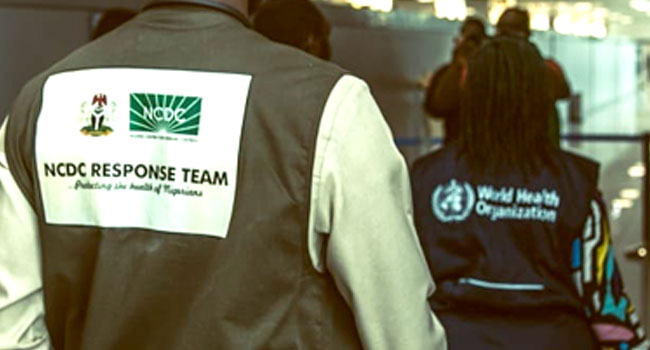The Nigeria Centre for Disease Control and Prevention (NCDC), in partnership with the African Field Epidemiology Network (AFENET) and Breakthrough ACTION-Nigeria (BA-Nigeria), has launched a media fellowship program. This initiative aims to bridge the existing gaps in science communication and promote comprehensive coverage for behavior change in the country.
The fellowship which is led by Johns Hopkins Center for Communication Programs is titled, ‘Epidemiology, Infodemiology, and Social and Behavior Change/Risk Communication Media Fellowship (MEDIA-EIS FELLOWSHIP).’
Dr. Ifedayo Adetifa, the Director General of NCDC, highlighted the significance of the MEDIA-EIS Fellowship as a leading initiative designed to empower journalists in the public health field. The program’s vision was to enrich their understanding, expertise, and professional connections by providing extensive training in fundamental epidemiology, infodemiology, and Social and Behavior Change (SBC) as well as Risk Communication.
Dr. Adetifa emphasized that the fellowship will amplify the impact of field epidemiology investments, playing a pivotal role in preventing, detecting, and controlling outbreaks. In the end, it will bolster Nigeria’s health security and contribute largely to the overall well-being of the nation.
He further emphasized that the media plays a crucial role in connecting science, government authorities, and the general public. The media possesses the necessary platforms, audience, and trust of their viewers. By having well-trained, inclusive, and influential media outlets, the level of preparedness and response to these infectious disease outbreaks can be significantly improved.
He further mentioned that Nigeria has encountered numerous outbreaks of infectious diseases throughout the years, such as highly pathogenic avian influenza (HPAI), Ebola, Mpox, COVID-19, yellow fever, rabies, bovine tuberculosis, measles, rubella, and the recently unprecedented rise in Lassa fever infections, as well as multiple outbreaks of mpox, diphtheria, cholera, meningitis, and COVID-19.
According to him, a major gap identified by the NCDC was the challenge of effective science communication during these events, “as a result, investment into understanding the perceptions, needs, knowledge, attitude, and practices of people at risk is critical to effectively conduct outbreak investigation and response. ”



